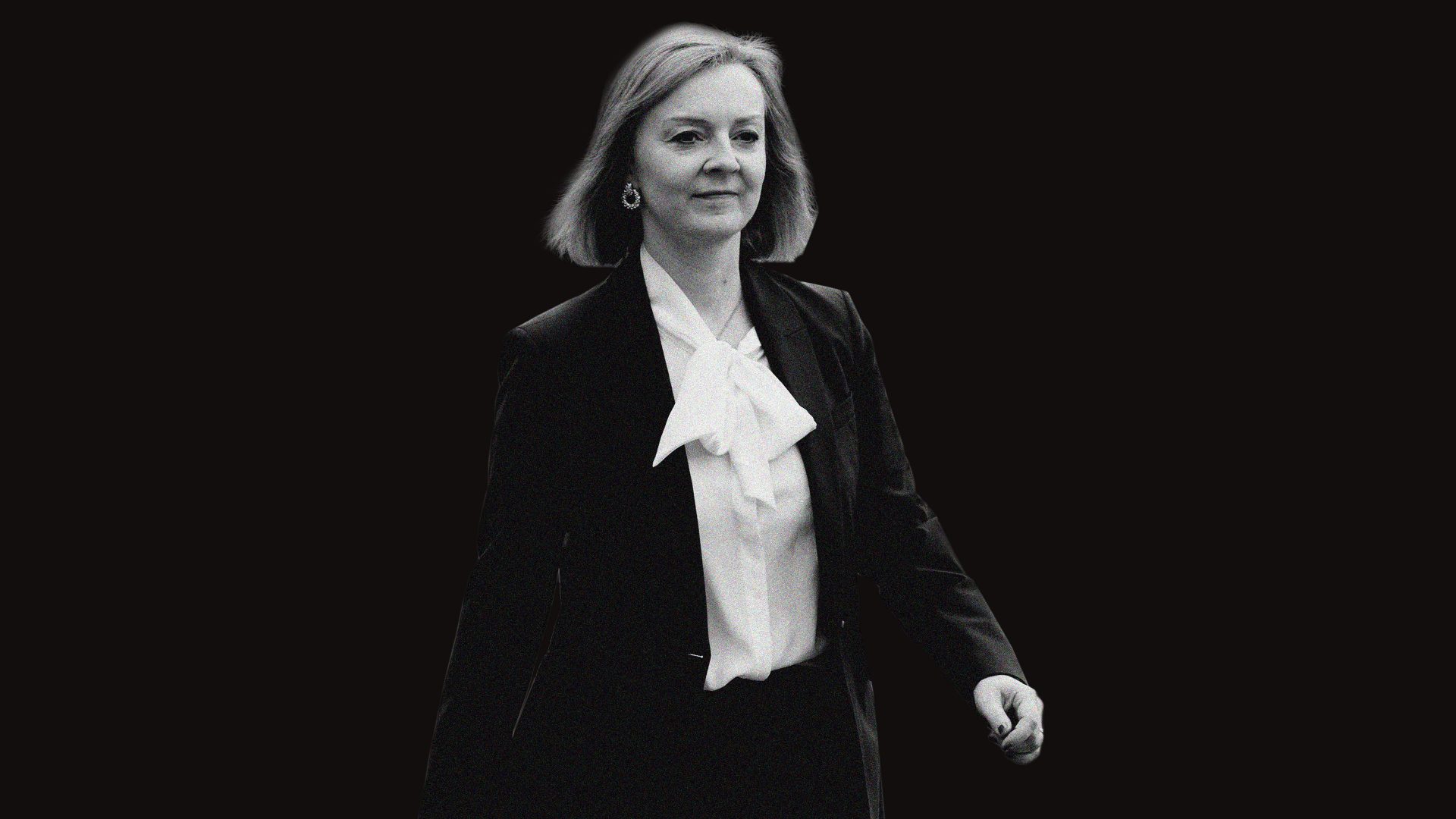Liz Truss’s mini-Budget was, on the face of it, pretty remarkable. Not many economic announcements in British political history have crashed the pound, the bond market, the mortgage market and the pensions system – simultaneously. It would almost be quite impressive, if it weren’t so downright terrifying.
The decision to cut taxes for high earners and pay for it with more borrowing in the teeth of an inflationary surge is an economic screw-up of historic proportions. Truss and Kwarteng have tried to justify their act of vandalism by framing it as a break with economic orthodoxy. Well, it is certainly that. They have challenged economic orthodoxy. And they have lost.
The resulting economic reaction has been unlike anything in living memory. Even in the case of the Credit Crunch, which started in 2007 and reached its peak in 2008, the consequences took months to seep through into the real economy. The Truss-Kwarteng economic disaster was so remarkable because it caused instantaneous, acute economic pain.
Jacob Rees Mogg, the business secretary, assured listeners to the Today programme on BBC Radio 4 that the sudden market uncertainty was not a result of government’s mini “Budget”, but was in fact down to the US Federal Reserve’s interest rate policy. Gillian Tett of the FT, one of few financial experts to predict the crash of 2008, told Channel 4 News that Mogg’s argument was “bollocks”.
And she is correct. Even so, the willingness of people such as Mogg to defend this disaster is remarkable, and suggestive of a much deeper problem within the current Conservative party. In short, its problem is that it is no longer conservative. Small-c conservatism values the slow accumulation of experience and a general sense of economic caution based on the principle of “sound money”. In other words, don’t rock the boat. Margaret Thatcher understood this – during her first term, taxes actually rose. In addition, by 1983, government spending under Thatcher was higher than the level she had inherited from Labour. Whatever her mistakes – and there were many – Thatcher retained that defining conservative sense of economic caution.
Despite being such a fan that she sometimes even dresses as Thatcher, Truss has none of Maggie’s conservative instincts. Her hollow, free market ideology had led Truss to grab the nation’s controls and steer the boat at full tilt straight into the seabed, and from the rictus look of alarm on her face at this week’s Prime Ministers’ Questions, she seems just as stunned as everyone else by the calamity she had delivered. Perhaps she and Kwarteng really did believe that if you simply cut taxes, GDP goes up, as if the two were inversely correlated, like an economic seesaw. There are libraries full of textbooks explaining that it doesn’t work like that. There are also entire government departments full of economists on hand to offer assistance on issues like this. It seems both Prime Minister and Chancellor ignored them all.
That “I know best” determination to press on whatever the consequences is perhaps the defining feature of the ruling neo-Tory hard right. It is why they are happy to introduce economically radical ideas despite not having being elected, and even though none of what they propose appeared in the Conservatives’ 2019 manifesto. The “I know best” attitude was also the main propellant of the “Leave” side of the Brexit campaign. It drove Johnson to prorogue parliament. It caused the right to dismiss Covid and to fight against lockdowns. And now it has delivered a shattering economic and financial disaster.
The “I know best” Conservative party is no longer a repository of ideas, but of vague, indistinct impulses and promises. The neo-Tories are loud, confident and brimming with ideological conviction, but they offer no real sense of direction. They propose nothing of substance. They have nothing to say on productivity, or on the collapse in business investment. There are no policies to help the poor, or to improve prospects for children, or to alleviate the frustration and pain of people stuck on hospital waiting lists.
Voters can sense this lack of substance, and they do not like it. Truss is now 25-30 points behind Keir Starmer in the polls, and as Peter Kellner pointed out recently in these pages, former Conservative voters are now switching directly to Labour. Even her own side can see the disaster now. The extreme turmoil and sense of disillusionment inside the Conservative party was captured in a tweet by Andrew Marr, the LBC radio host: “Calm and measured assessment of the mood in the Commons from a Tory MP: ‘we are being offered the choice of a shit sandwich… Or a shit sandwich with extra shit’.”
Truss’s one promise, her one – for want of a better word – policy, was that she would achieve growth. And that is it. All No10 offers at this time of crisis is an abstruse economic concept that many people will not even understand. But even on Truss’s own terms, the government has failed. Recent economic data shows that Britain’s economy shrank by 0.3 per cent in August, and that it is the only major economy yet to return to its pre-pandemic size. The IMF has now downgraded is forecast for UK growth in 2023 to 0.3 per cent. If growth is the object, then the current government, and the Conservative party, has failed.
The fixation on economic growth does have a certain political logic, in that a bigger economy can make people’s lives better. But it has been something like a tragedy to watch as Truss and Kwarteng, both ideological free-marketeers, have had their chance to enact their dream free-market policies, only to have the markets reject them in horror. The Chancellor and Prime Minister had one idea and it failed. They now need to come up with a second idea, preferably one that does not hammer Britain’s already rather frail-looking economy. But judging by this government’s current rabbit-in-the-headlights defensive crouch, it is not clear whether the prime minister, or the current Conservative party, is able to do that. And the voters are watching – impatiently.











